Comparing Data Center Colocation and Cloud Computing

So, how can business owners decide on the best IT strategy? It comes down to three requirements: administrative control, security and hardware. For example, if your business is in the healthcare or finance industry, you’ll have to abide by regulations that dictate how you handle customer data.
Additionally, if you operate in Europe, you’ll be under GDPR regulations, which may not allow you to store data on cloud servers outside of the region. As we’ll see, choosing between data center colocation and cloud computing solutions has a lot to do with how much control you need.
Cloud Computing Solutions Simplify IT Management
Cloud computing is a service typically provided by a cloud provider, wherein they offer computing resources located in their own fully managed data centers. Customers use the cloud provider’s servers, network and storage to host their data and applications — eliminating the need for IT management.
The cloud provides a low entry cost for businesses, especially smaller companies. It also facilitates scaling hardware up and down based on consumption, allowing businesses to meet fluctuating demands more easily. Cloud computing makes it easier for businesses to get up and running since they only have to worry about application and data management and can leverage the cloud provider’s support staff.
The cloud can have downsides when it comes to long-term costs and compliance. As a company’s data usage increases, its associated costs will rise. Eventually, it can reach the point where its data needs are no longer cost-effective. Furthermore, since data is stored with a third party, they may face compliance challenges. Some of which may make cloud computing unfeasible.
Data Center Colocation Provides Unparalleled Flexibility
Colocation data centers are facilities that allow companies to rent secure space for their IT resources. The colocation facility provides power, space, network connections and sometimes physical security. But the client is responsible for its own hardware, as well as its management and maintenance.
Colocation data centers help businesses expand IT infrastructure without building their own data center. Thus, companies can place computing hardware closer to users, tapping into the latency benefits of edge computing. Since they are in full control of their hardware, they can maintain compliance with regulatory and industry requirements.
Additionally, since the hardware is not shared among different companies, businesses have a smaller attack surface — improving security. However, it’s not all positive. Companies must provide their own hardware, taking care of deployment, maintenance and support. This job can be challenging if the data center is in a different region and may necessitate the hiring of remote staff.
Side-by-Side Comparison of Colocation and Cloud Computing
| Cloud Computing | Data Center Colocation |
| Low cost of entry | Infrastructure expansion without building a data center |
| Up/down scalability | Strategic placement of resources closer to users |
| Easier implementation over owned infrastructure | Full control over hardware and data |
| Cost inflation as data needs grow | Business must provide the hardware |
| Data stored with 3rd-party | Business need to maintain and support the hardware |
Work With a Partner Who Understands Cloud Computing and Colocation Requirements
Cloud computing and colocation data centers have an important place in modern business. They provide needed options for the unique requirements of different organizations. Consider a financial institution based out of California that needs to equip its office in New York with private cloud resources.
Industry regulations may dictate specific requirements on how they transmit data. Using a colocation in New York would allow the company to provide local IT resources, improving performance while maintaining control over the data. However, less stringent requirements in a different industry may make a company favor cloud computing.
A prudent computing choice will take into consideration costs, performance and accessibility. At OneNeck, we help our customers deploy both cloud and colocation solutions in their operations, as well as a myriad of hybrid solutions that bridge the gap between. Contact us to learn more.
Additional Resources:





